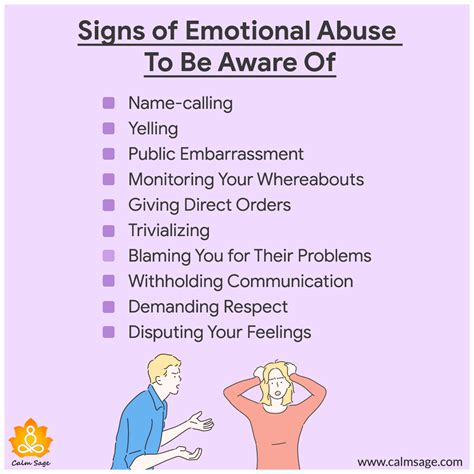The Impact of Mental Abuse: Legal and Emotional Consequences
Mental abuse, a pervasive yet often hidden form of abuse, leaves lasting scars on its victims. Unlike physical abuse, the wounds of mental abuse are invisible, making it challenging to recognize, address, and legally prosecute. This article delves into the profound legal and emotional consequences of mental abuse, providing insights into its devastating effects and pathways to recovery.
What Constitutes Mental Abuse?
Mental abuse encompasses a wide range of behaviors designed to control, manipulate, and degrade another person. It's not always easy to define, as the tactics are often subtle and insidious. Examples include:
- Constant criticism and belittling: Regularly putting someone down, making them feel inadequate, and undermining their self-worth.
- Controlling behavior: Dictating who someone can see, where they can go, and what they can do. This can involve monitoring their phone, social media, or email.
- Gaslighting: Manipulating someone into questioning their own sanity and perception of reality. This can involve denying events occurred, twisting words, and making the victim feel confused and disoriented.
- Isolation: Cutting the victim off from friends and family, leaving them feeling alone and dependent on the abuser.
- Threats and intimidation: Using fear to control the victim, whether through verbal threats, veiled suggestions of violence, or threats of harm to loved ones.
- Financial abuse: Controlling access to money, preventing the victim from working, or manipulating finances for personal gain.
It’s crucial to remember that mental abuse can occur in any relationship – romantic partnerships, familial relationships, and even in the workplace. The impact is devastating, regardless of the relationship dynamic.
Emotional Consequences of Mental Abuse
The emotional toll of mental abuse is significant and long-lasting. Victims often experience:
- Low self-esteem and self-worth: Constant criticism and manipulation erode a person's sense of self, leading to feelings of inadequacy and worthlessness.
- Anxiety and depression: The constant stress and fear associated with mental abuse can trigger or exacerbate anxiety disorders and depression.
- Post-traumatic stress disorder (PTSD): Similar to the effects of physical trauma, mental abuse can lead to PTSD, characterized by flashbacks, nightmares, and avoidance behaviors.
- Difficulties in relationships: The experience of mental abuse can make it challenging to form healthy and trusting relationships in the future.
- Substance abuse: Victims may turn to drugs or alcohol as a coping mechanism to numb the pain and escape the emotional turmoil.
- Physical health problems: Chronic stress from mental abuse can manifest physically, leading to problems like headaches, stomach issues, and sleep disturbances.
How Long Do the Effects of Mental Abuse Last?
The duration of the emotional consequences varies greatly depending on factors such as the severity and duration of the abuse, the individual's resilience, and access to support. While some individuals may experience significant healing within months or years, others may struggle with the lasting impacts for much longer. Professional therapy is often essential for long-term recovery.
Legal Consequences of Mental Abuse
While proving mental abuse legally can be challenging, it's not impossible. The legal ramifications depend heavily on the specific actions of the abuser and the jurisdiction. Examples of legal avenues include:
- Civil restraining orders: These orders can prohibit the abuser from contacting or approaching the victim.
- Custody battles in divorce or separation: Evidence of mental abuse can significantly impact custody decisions in family court.
- Criminal charges: In some cases, severe mental abuse can lead to criminal charges, such as harassment or stalking. This often requires demonstrable physical or financial harm alongside the mental abuse.
Is Mental Abuse Illegal?
While there isn't a specific "mental abuse" law in many jurisdictions, the behaviors that constitute mental abuse often fall under existing laws related to harassment, stalking, domestic violence, or assault. The key is to connect the abusive behaviors to tangible consequences or violations of existing legislation.
Seeking Help and Support
If you or someone you know is experiencing mental abuse, it's crucial to seek help. Resources are available to provide support, guidance, and legal assistance. These include:
- National Domestic Violence Hotline: Provides confidential support and resources for victims of domestic violence, including mental abuse.
- Local Domestic Violence Shelters: Offer safe housing and support services for victims escaping abusive situations.
- Therapists and Counselors: Can provide individual or group therapy to help victims process their trauma and develop coping mechanisms.
- Legal Aid Organizations: Can offer legal advice and assistance in pursuing legal action against the abuser.
Remember, you are not alone. Seeking help is a sign of strength, and recovery is possible. The path to healing may be long, but with support and professional guidance, you can rebuild your life and reclaim your sense of self-worth.

